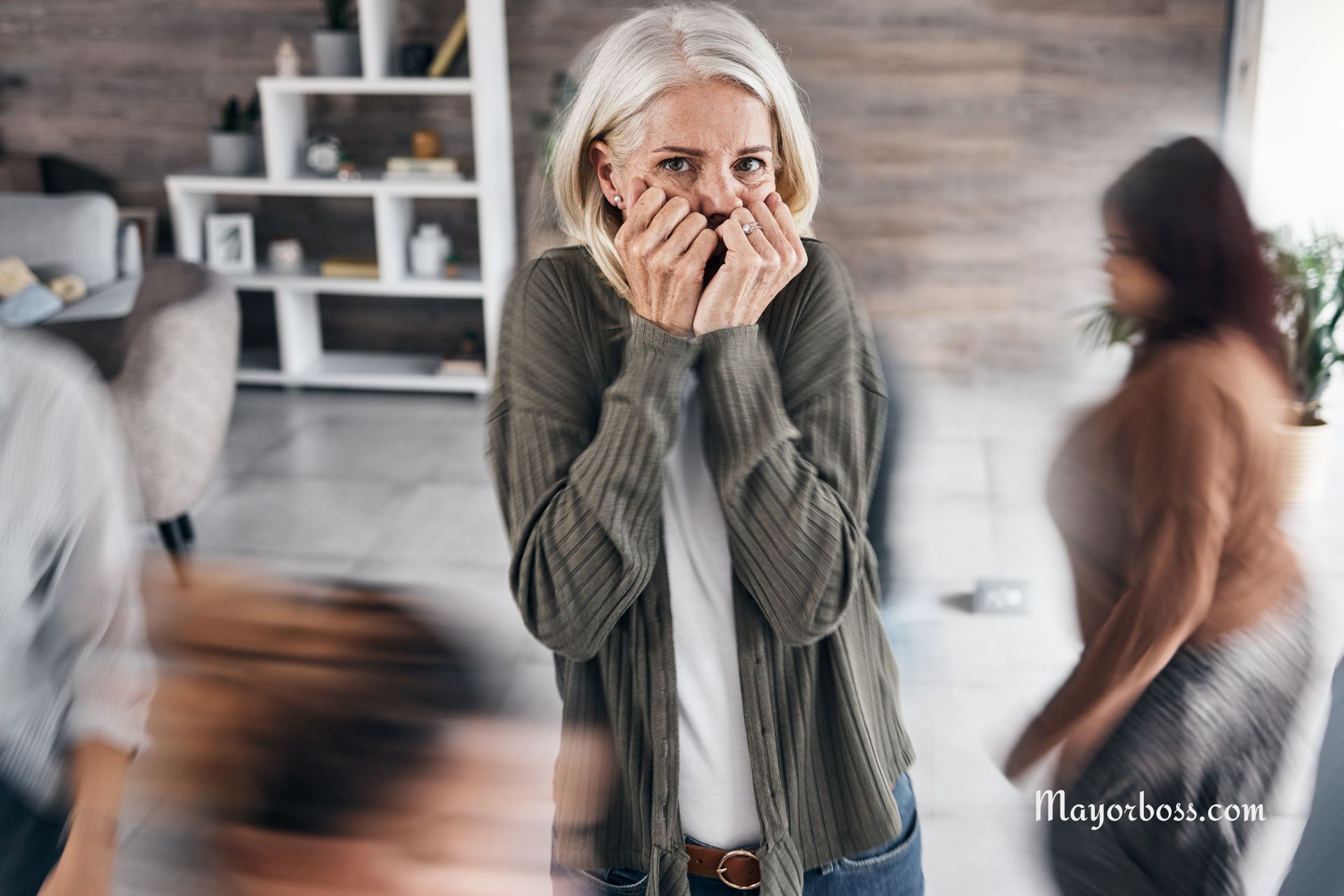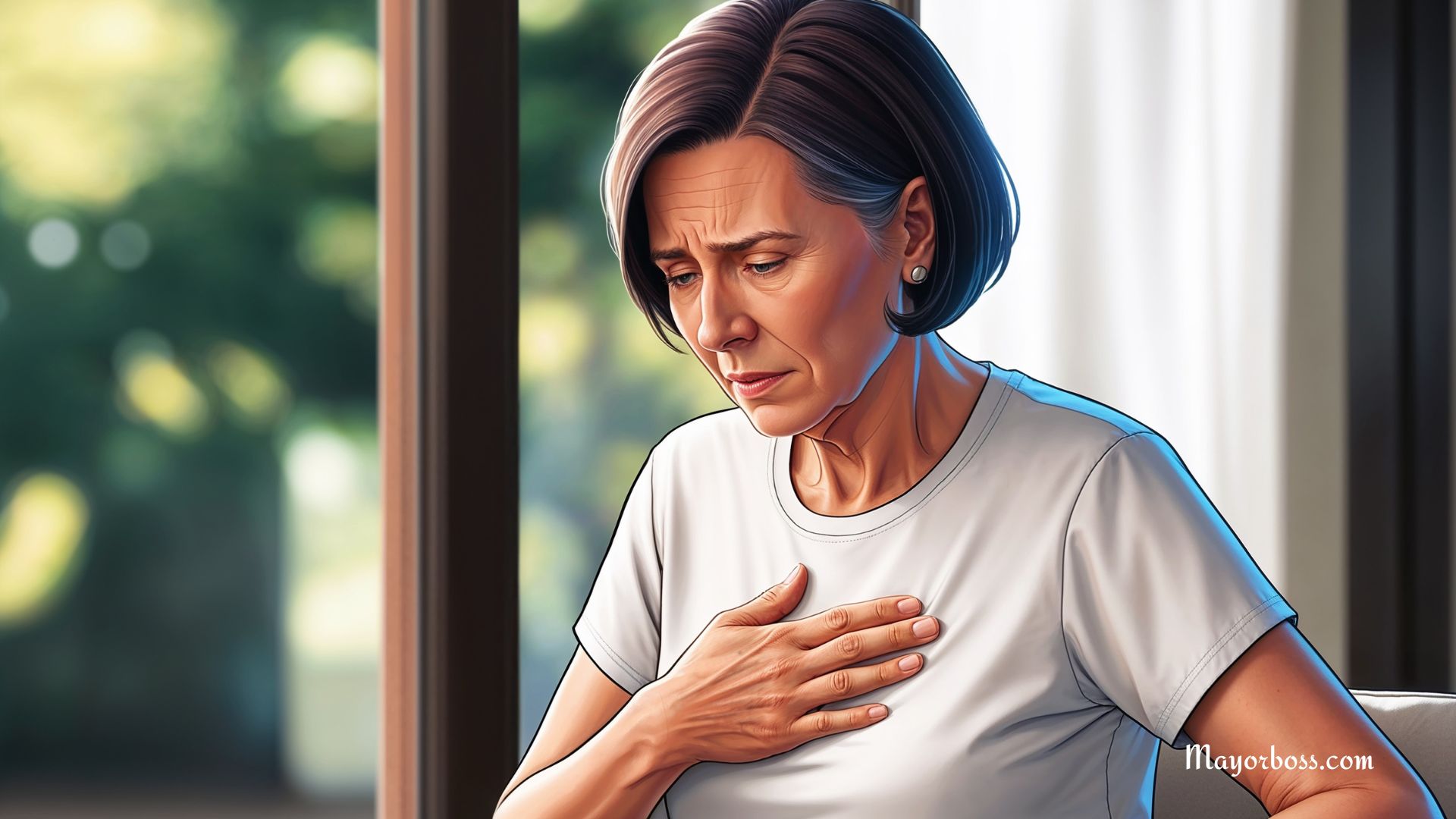Hallucinations: Here’s What You Need to Know!
Hallucinations can be confusing and scary. They happen when you see, hear, or feel things that are not really there. Many people think hallucinations only happen with mental illness, but they can also be caused by other health problems, drugs, or brain disorders.

Hallucinations can happen for different reasons
There are many health issues that can cause hallucinations. Some common causes include:
- Mental health conditions: Problems like schizophrenia, bipolar disorder, and serious depression can make people hear or see things that aren’t real.
- Brain disorders: Diseases like Parkinson’s, epilepsy, migraines, and dementia can affect how the brain works and lead to hallucinations.
- Drugs and alcohol: Taking drugs like LSD or meth, drinking too much alcohol, or quitting some drugs can lead to hallucinations.
- Sleep problems: Not getting enough sleep or having sleep disorders like narcolepsy can sometimes cause hallucinations.
- Hearing or vision loss: If someone has trouble seeing or hearing, their brain might create false sights or sounds.
Hallucination symptoms depend on the cause
Different types of hallucinations have different symptoms. Some examples are:
- Hearing things: People may hear voices, music, or sounds that no one else hears.
- Seeing things: Some people see shapes, lights, or even people who aren’t there.
- Smelling things: They may notice smells that have no real source.
- Feeling things: Some people feel like bugs are crawling on their skin.
- Tasting things: Tasting something that isn’t really there can happen with brain disorders.
Seeing a doctor for hallucinations is important
Doctors say it’s important to see a healthcare provider if you have hallucinations. Finding out what’s causing them is the first step to getting better. A doctor may:
- Ask about your medical history
- Do a brain check-up
- Give mental health tests
- Run blood tests or take pictures of your brain
Treatment depends on the cause of the hallucinations
The best treatment is to fix the problem that is causing the hallucinations. According to Cleveland Clinic, treatments might include:
- Medicines: Drugs that help with mental health or brain problems.
- Therapy: Talking with a counselor can help people handle their hallucinations.
- Avoiding harmful substances: Staying away from drugs and alcohol can reduce symptoms.
- Healthy habits: Getting good sleep and reducing stress can also help.
Healthy habits can help reduce hallucinations
Changing daily habits can sometimes make hallucinations happen less often. Experts suggest:
- Getting enough sleep every night
- Finding ways to relax and lower stress
- Staying away from alcohol and drugs
- Exercising regularly to stay healthy
When to talk to a doctor about hallucinations
You should talk to a doctor if your hallucinations don’t go away, upset you, or come with other problems like confusion, memory loss, or mood changes. Getting help early can make treatment easier.
Summary
Different health conditions, brain disorders, and substance use can cause hallucinations. Getting medical advice is the best way to find out the cause and get the right treatment. Making healthy lifestyle changes and following the doctor’s advice can help. If you or someone you know has hallucinations, see a doctor as soon as possible.






